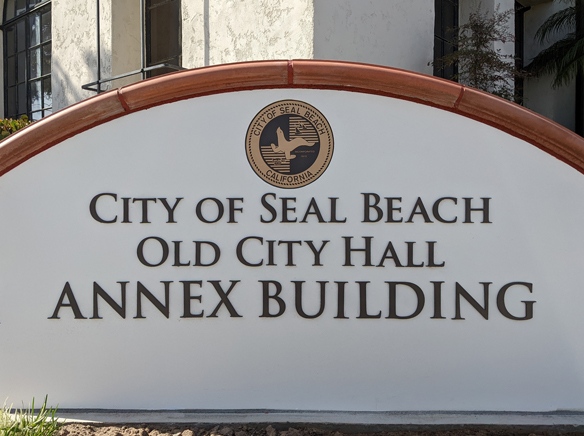Parking and accessory dwelling units (sometimes known as “granny flats”) are expected to be on the Monday, Aug. 14, City Council agenda. The council is also expected to appoint Seal Beach residents to serve on the newly created ad hoc parking committee.
Parking
The deadline for residents to serve on the Council-Citizen Ad Hoc Parking Advisory Committee was last Friday, Aug. 4. District Two Council Member/Mayor Tom Moore and District One Council Member Joe Kalmick will serve on the committee. Moore cast one of the three votes in favor of creating the committee. Kalmick cast one of the two votes opposing the creation of the committee. City Manager Jill Ingram or someone she selects will also serve on the committee.
Next week the council is expected to select five Seal Beach residents to represent the community on the parking committee. Once formed, the committee is expected to look into citywide parking policy for three months. One of the issues to be considered is whether there should be paid parking in the Main Street area.
ADUs
The council will hold a public hearing on a proposed, state-mandated, amendment to the Zoning Code section for accessory dwelling units, according to a legal notice published in last week’s Sun.
An accessory dwelling unit, or ADU, is a secondary living space on a single-family property, according to the California Housing and Community Development Department.
An accessory dwelling unit (or “granny flat”) must be at least 850 square feet, according to the California Housing and Community Development Department’s ADU Handbook.
“A [junior accessory dwelling unit] shall be a minimum of 150 square feet and a maximum of 500 square feet of gross floor area,” according to the draft of the proposed ordinance.
The Planning Commission last month recommended the council adopt the state-mandated changes. The issue of whether to prohibit interior access to ADUs provoked a strong community turn out to the July 17 Planning Commission meeting. Many Bridgeport area residents spoke out on both sides of the issue. Planners ultimately rejected a ban on interior access to ADUs.




